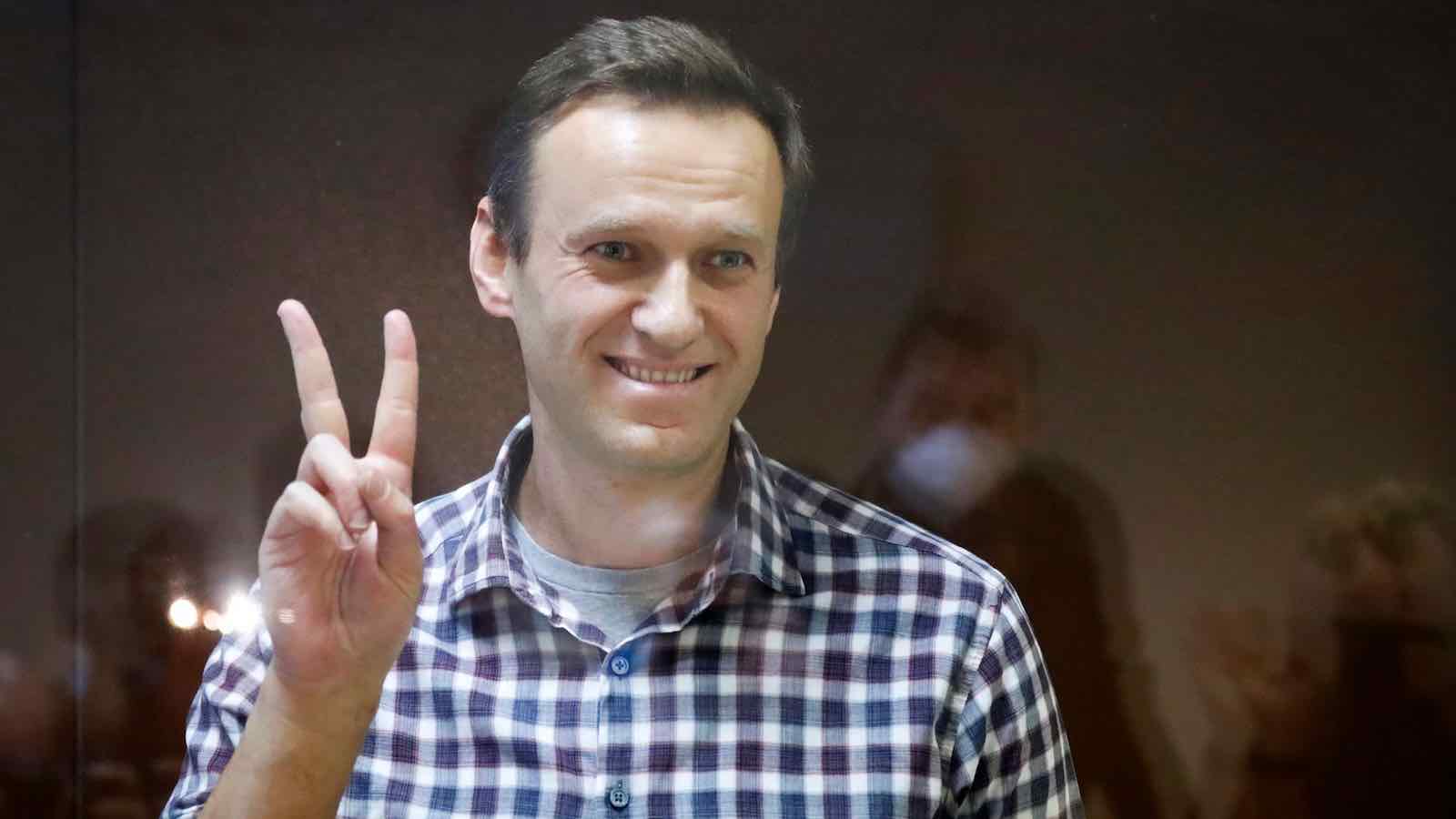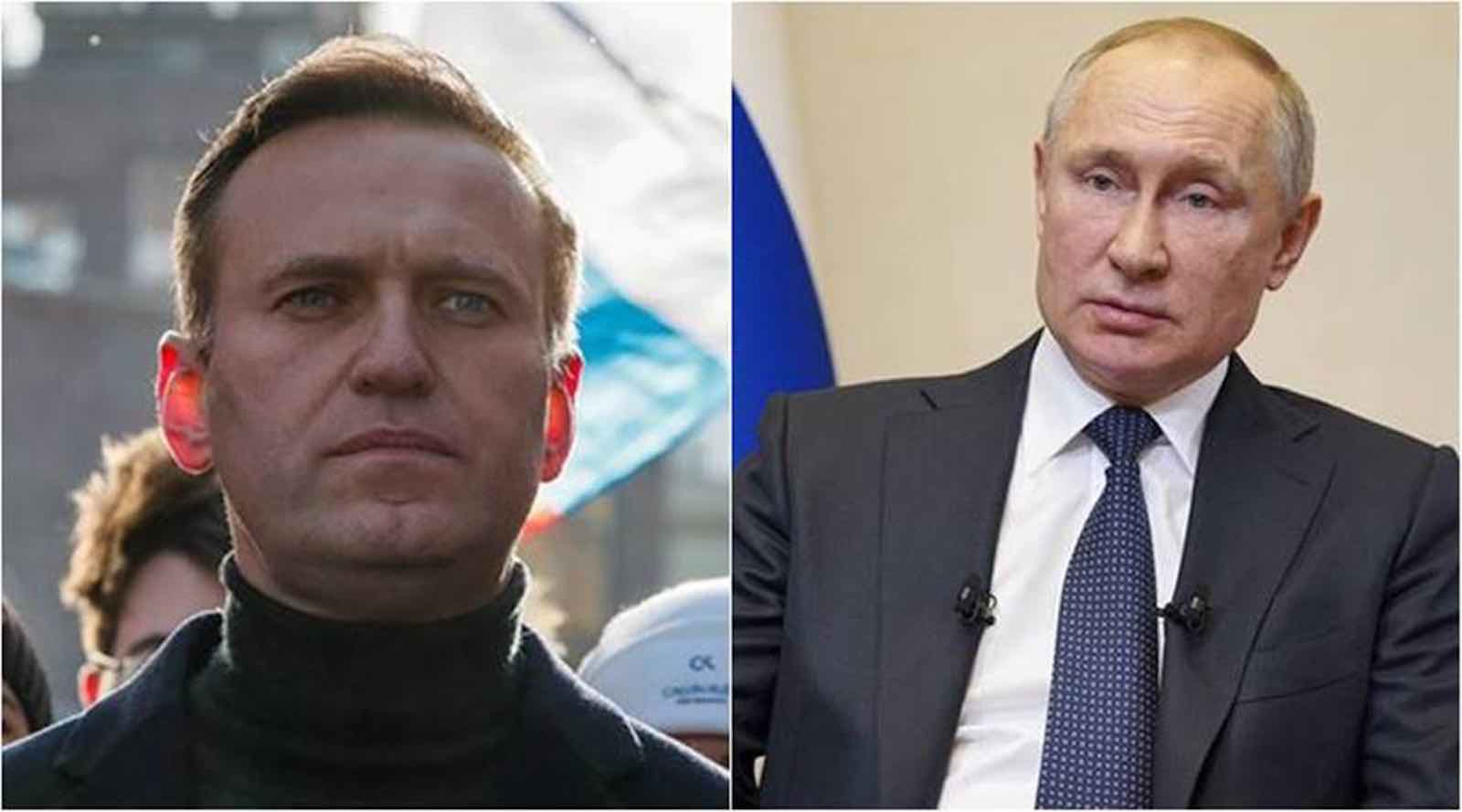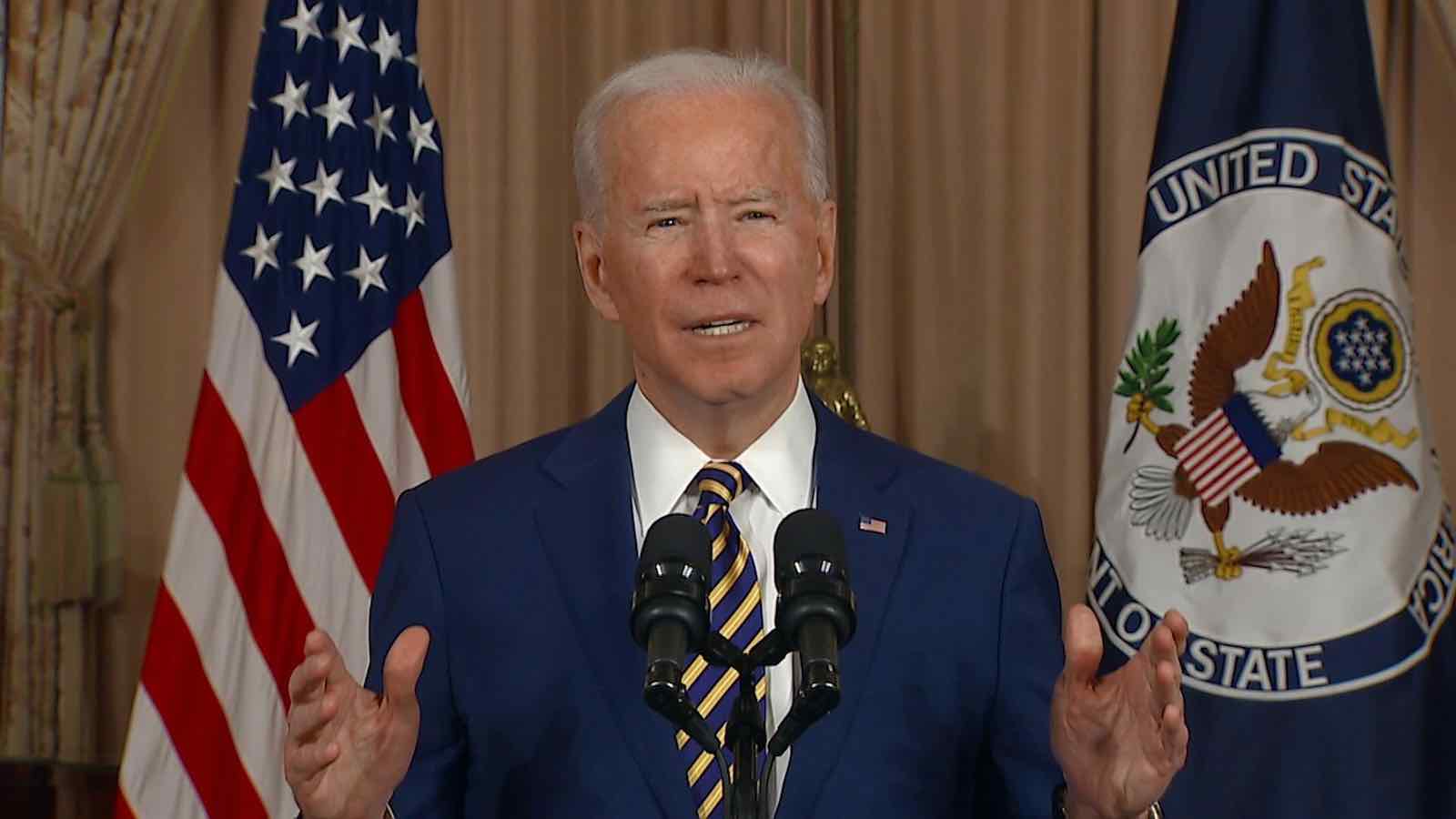
Revisit the story of Alexei Navalny: Why was he poisoned?
Today, the Biden administration formally issued sanctions on multiple Russian leaders & agencies in connection with the poisoning of Russian opposition leader Alexei Navalny. The sanctions signal a firmer stance against Vladimir Putin and could be a major turning point in U.S. relations with Russia. However, in order to understand the repercussions of this declaration, we first must go back to last year’s inciting incident.

Who is Alexei Navalny?
Alexei Navalny is an activist who made a name for himself attacking President Vladimir Putin and his government. In 2011, he established the nonprofit organization Anti-Corruption Foundation, and in 2018, he took charge of the Russia of the Future Party, a political party still not officially recognized by Russia’s Ministry of Justice. Not entirely surprising considering its aim is the decentralization of power in Russia.
Alexei Navalny’s most powerful asset, however, is his social media presence. With over 6 million YouTube subscribers and over 2 million Twitter followers, Alexei Navalny uses his platforms to directly disseminate information from his investigative work. Just last month, his YouTube channel published a nearly two-hour long documentary exposing Putin’s private palace.

What happened to him?
Long before his “Putin on the Ritz” documentary Putin’s Palace: History of the World’s Largest Bribe, Alexei Navalny’s highly publicized attacks against Vladimir Putin put him in hot water.
He’s been arrested multiple times, most notably on embezzlement charges in 2013 and 2014 which many believed were intended to prevent him from becoming president. Indeed, in 2016 when he ran for presidency, his campaign was disqualified by the electoral commission.

The hostilities between Alexei Navalny & Vladimir Putin came to a head last August when Navalny was hospitalized after becoming gravely ill on a flight. Having only drank some tea at the airport café, Alexei Navalny suspected his drink had been poisoned by the Russian government. He was quickly taken to Germany for emergency care and released healthy a month later.
Following his recuperation, Alexei Navalny returned to Russia last January where he was promptly arrested for violating parole due to his earlier 2014 conviction. If this whole story sounds like a wild historical drama ripe for stage adaptation by Lin-Manuel Miranda, just you wait because last month, it was announced that Alexei Navalny was sentenced to over two years in one of Russia’s most punitive prisons.

What is Biden doing about?
Alexei Navalny’s hospitalization & arrest has garnered widespread international attention. After lab tests revealed Alexei Navalny was poisoned using the forbidden nerve agent Novichok, the European Union announced formal sanctions against Russian officials last October – and now the U.S. has followed suit with sanctions of their own.
The U.S. Treasury Department has officially listed the names of Russian officials and agencies targeted by the sanctions. The list includes Aleksandor Bortinkov, head of Russia’s secret intelligence agency, Sergey Kiriyenko, First Deputy Chief of Staff, and Igor Krasnov, Prosecutor General of Russia.

What are sanctions?
With all this talk of sanctions, the question still remains as to what immediate effect all this political condemnation against Russia will actually entail. In simplest terms, the sanctions levied today are equivalent to the U.S. putting a big “Cone of Shame” on Russia. Vladimir Putin is now in the metaphorical doghouse and if he slips up again, Joe Biden is going to wag his finger in disdain.
The simple truth is that sanctions don’t have any immediate impact on Alexei Navalny. He’s still imprisoned and most likely will continue to be so unless much more pressing action is taken by either third parties such as the United Nations or within the Russian government itself.
What now?
After today, then what? It’s hard to say. Although the sanctions against Russia dictate a more authoritative position from the U.S., there is no telling if further action will be pursued as of yet. However, considering Alexei Navalny’s legacy was built on reaching as many people as possible to face the injustices of his home country, today’s actions do serve as an extension of his outreach and of his resilience.







